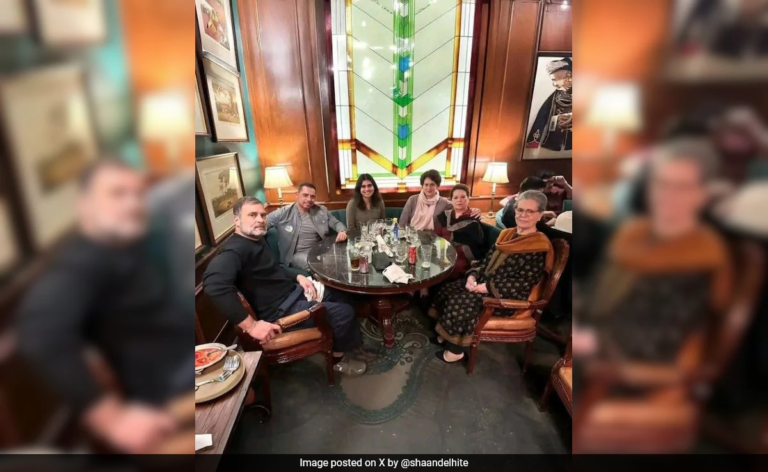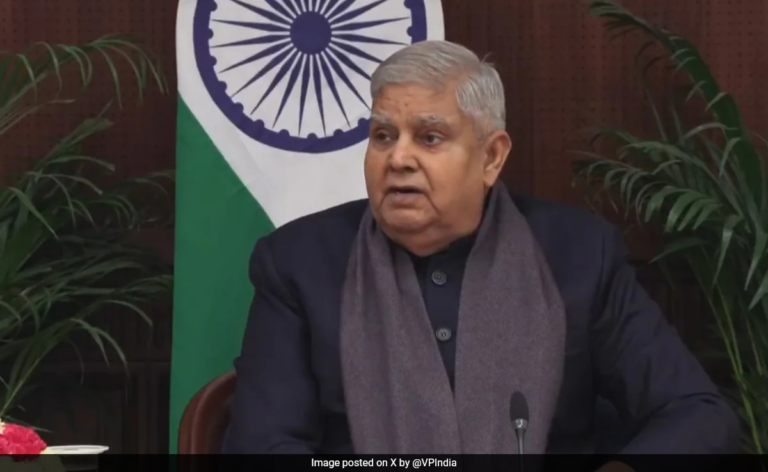
It was argued that there has been a significant delay in implementation of Women’s Quota Bill
New Delhi:
The Delhi High Court on Friday refused to entertain a plea seeking implementation of the Women’s Reservation Bill, which mandates 33 percent reservation for women in Lok Sabha and State Assemblies, before the general election 2024.
Justice Subramonium Prasad dismissed the petition as it was withdrawn.
Justice Prasad said that the relief sought in the petition is like a Public Interest Litigation (PIL). The petitioner should have moved a PIL.
“The petitioner approaches this court with the following prayers…it is in nature of PIL. The petitioner is given liberty to withdraw the petition and file a PIL in this regard,” the court ordered.
The present petition was moved by a lawyer Yogmaya MG seeking a direction to the central government to provide a firm and expedited date for the implementation of the Women’s Reservation Bill 2023 considering the uncertainty in the implementation of the delimitation process.
The petition stated, “This legislative consensus reflects the Constitutional mandate to ensure gender equality and empower women in the political sphere.”
It was argued that despite the unanimous passage of the Women’s Reservation Bill, 2023, there has been a significant delay in its implementation. The lack of tangible progress or a clear roadmap for implementation raises concerns about the sincerity of the authorities in giving effect to this vital legislative measure.
The plea moved through advocates Mamta Rani, Nandana Menon and Ajintha Santosh. It arrayed the Election Commission of India (ECI), BJP, Congress and other major political parties as respondents. It sought direction from the ECI to seek a response from the political parties about their response to the implementation of the provision of the bill.
“As India marks 75 years of independence, gender parity in political representation remains a challenge. The Women’s Reservation Bill, of 2023 is vital for translating constitutional principles into action, empowering women for active participation in shaping the nation’s future. Addressing the underrepresentation of women in the impending 2024 elections is imperative, ” the plea said.
It added, “However, the bill’s implementation faces obstacles, notably due to the delimitation process outlined in Article 82, leading to significant gender disparities in states with the highest constituency numbers. Achieving equality in democratic processes is fundamental for building an inclusive society.”
(Except for the headline, this story has not been edited by NDTV staff and is published from a syndicated feed.)




